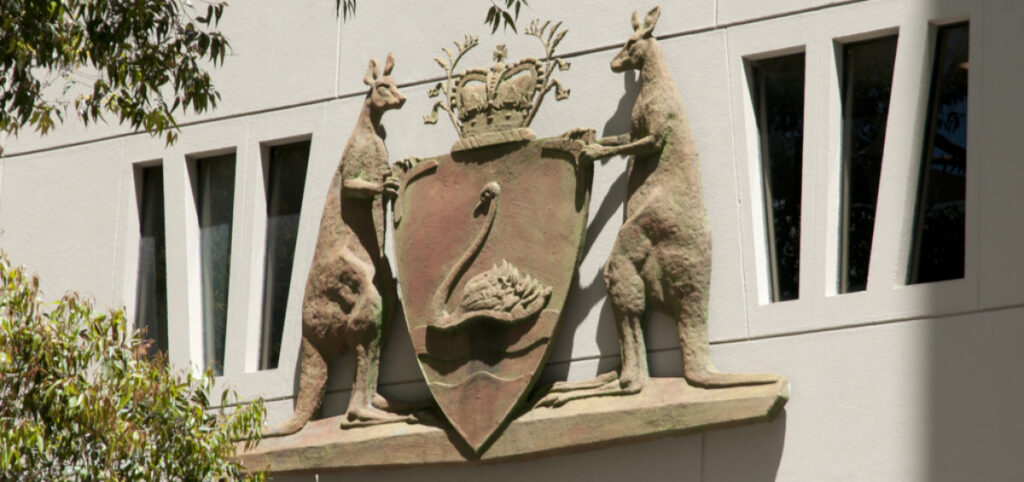
On 1 January 2022, the Western Australian Government commenced operation of Australia’s first debarment regime.
Under the new scheme, businesses that engage in unlawful activity can be banned from doing business with WA government agencies for up to five years. Details of the debarment are published on a publicly accessible register.
The debarment regime captures a range of misconduct, from serious criminal offences to non-criminal conduct that is likely to have a material adverse effect on the integrity of or public confidence in government procurement.
Who can be debarred?
- The regime applies to suppliers who supply and subcontract to supply goods, services, community services and works to the WA Government.
- It also applies to suppliers and subcontractors who propose to supply to the WA Government.
- The regime covers both individuals and entities.
When can a supplier be debarred?
A supplier can be debarred if the WA Department of Finance is satisfied that:
- a supplier’s conduct falls under a category of debarment conduct, and
- the debarment is in the public interest.
There are three categories of debarment conduct with the most serious conduct under Category A attracting debarment for up to five years.
- Category A debarment conduct captures bribery and corruption offences under both the WA Criminal Code and the Commonwealth Criminal Code and includes bribery of a foreign public official.
- Importantly, the debarment conduct does not need to relate to the supply of goods or services to the WA government. It can relate to conduct elsewhere in Australia as well as conduct that occurs overseas.
- The regime will also capture past conduct, including in relation to conduct that took place or a conviction recorded up to three years ago, and can capture conduct that occurred before the commencement of the regime.
What are the implications for Australian companies?
The regime aims to improve business practices and enhance integrity in government procurement by ensuring:
- suppliers can operate on a level playing field and are not incentivised to engage in corruption so as to match that of competitors
- WA Government agencies can operate with increased confidence in the knowledge that suppliers that undermine the integrity of procurement processes will be excluded, and
- public funds are better protected by reducing the risk of potential losses stemming from misconduct by suppliers.
Although no individual or entity has yet been listed on the public register, marking one year since the commencement of Australia’s first debarment regime is a timely reminder of the importance of taking steps to prevent bribery and corruption to avoid risks of suspension and debarment as well as prosecution.
In particular, businesses should consider the adequacy of their existing internal compliance policies and procedures and the effectiveness of those systems in preventing and detecting potential unlawful activity.
Further resources on developing a strong and effective anti-bribery and corruption policy can be found here: Policies & Procedures – Bribery Prevention Network
For further information about the WA Government debarment regime visit: Debarment Regime: Guide for suppliers
